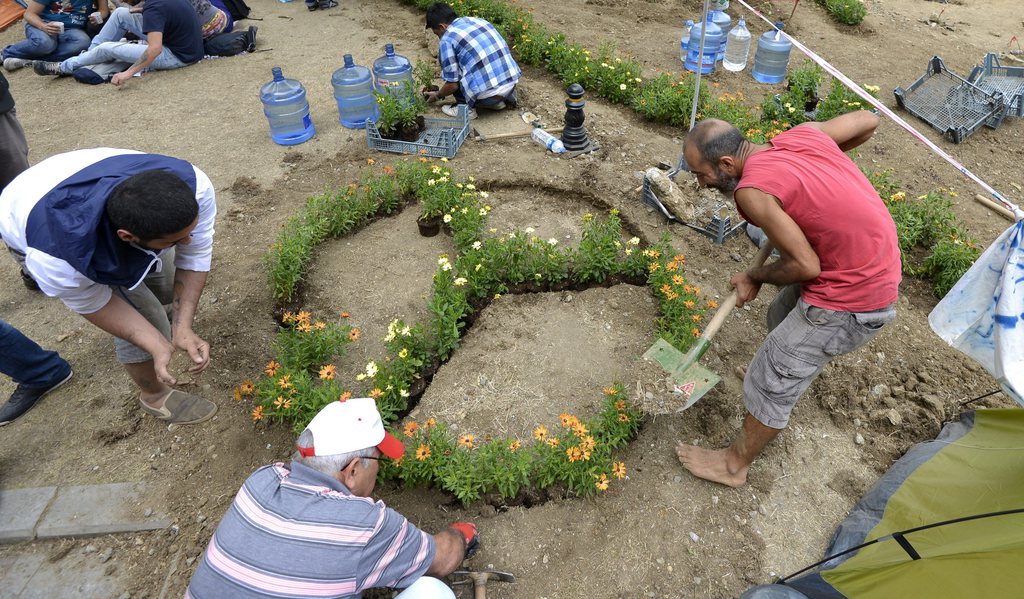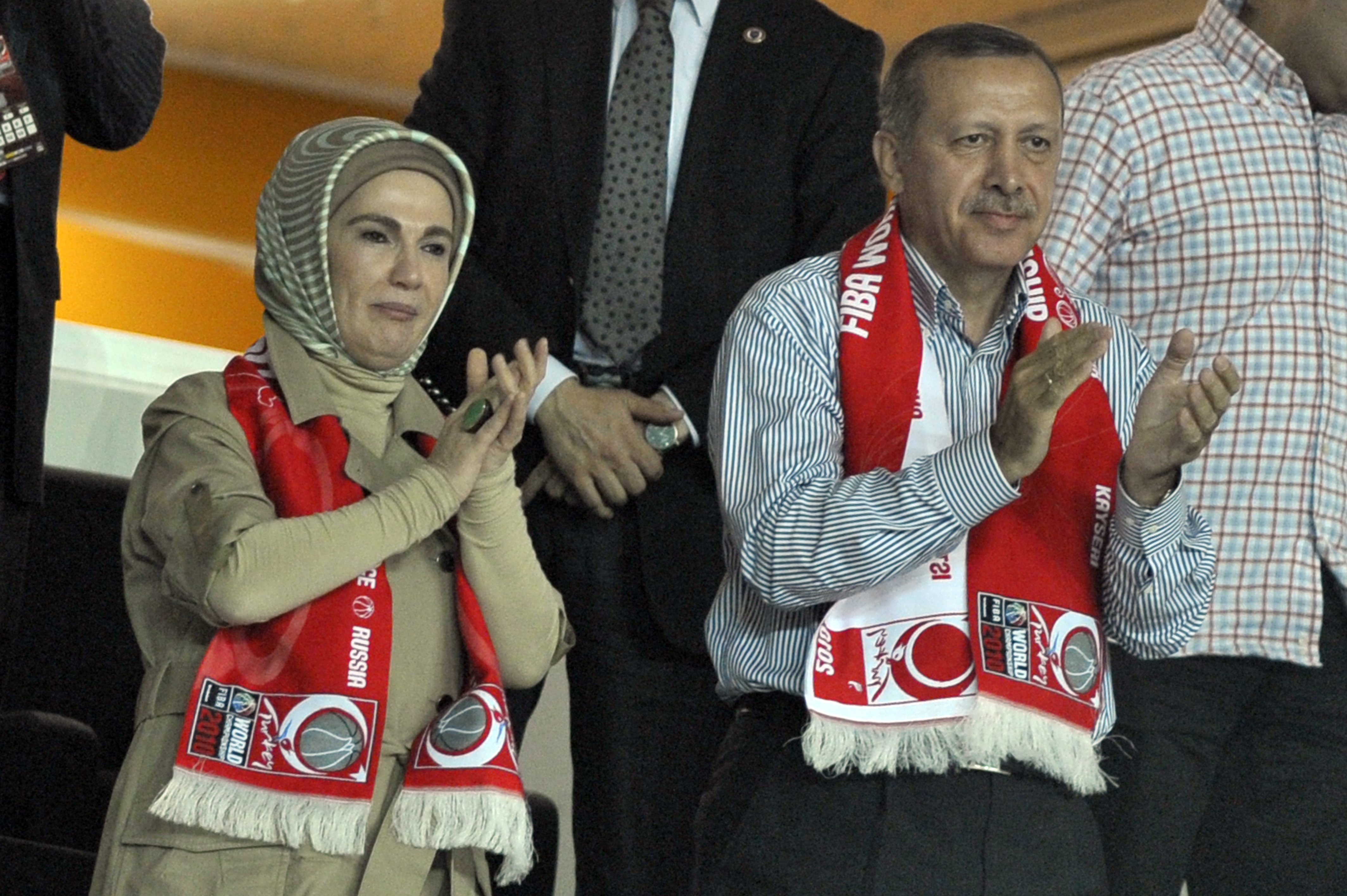Turks in Switzerland divided over protests

Which way Turkish society and politics should develop is an issue not only in Turkey itself, but also among Turkish citizens living in Switzerland. The recent protests that began in Istanbul are absorbing the attention of many Turks here.
Political scientist Can Büyükbay, lawyer Sibel Arslan, and Leyla Gül, Co-General Secretary of the centre-left Swiss Social Democratic Party, hope that the protests in their homeland will lead to permanent changes. They are following the events almost nonstop via social media like Facebook and Twitter.
But there are close to 70,000 Turkish citizens living in Switzerland, and not all of them support the uprising.
“The protests are wrong and not at all good for Turkey,” said a spokesperson for the Turkish-Islamic Idealistic Federation of Switzerland, which belongs to the Federation of Islamic Organisations in Zurich. When asked why, the spokesperson answered even more to the point: “There are no problems in Turkey.”
That Turkey has made major strides in economic development under Prime Minister Recep Tayyip Erdogan is not disputed. But according to Sibel Arslan, a lawyer and member of the Green Party in Basel’s cantonal parliament, many residents of Turkey “feel on various levels that they are not being taken seriously and that as citizens they have been discredited”. In addition, the government is making decisions that belong in the private sphere, she says.
The mass protests in Istanbul began in May with a group of around 20 activists who set up a camp to protest the planned felling of trees to make room for a new building in Gezi Park.
After the police used force to tear down the camp, protests spread like an avalanche from the capital to Ankara and eventually to almost all provinces and cities of the country.
According to Turkey’s Medical Association, almost 5000 people had sought treatment in hospitals and infirmaries as of June 10, in the ten days since the protests began.
On June 11, Turkish riot police fired tear gas and used water cannons against anti-government protesters in Istanbul’s Taksim Square, driving out thousands of demonstrators after a day of clashes.
A new generation of activists
Now, says Arslan, protests are being conducted by “the 90’s generation – young people who completely disagree with what is happening in Turkey. They are trying to peacefully make a stand for more rights and greater freedom.” That the younger generation is in fact interested in being politically active was unexpected, Arslan says.
Political scientist Can Büyükbay knows many of these young people personally. “All of the 300 friends and fellow students I know from the high school I attended in Istanbul are taking part in the demonstrations,” he says.
“On the first day of the protests in Istanbul, videos provided by human rights organisations showed injured people being cared for in mosques,” Büyükbay told swissinfo.ch.
Since then, he said, the protests have led to the creation of a new academic network of doctors, lawyers and students who have turned into journalists, collecting videos and distributing them to the international media, since the local media are not reporting on the protests at all.
According to Sibel Arslan: “Never before have there been protests in Turkey with such broad support.” The cause has brought together students, musicians, artists, journalists, football fans, women who support abortion, representatives of gay and lesbian rights organisations, followers of Mustafa Atatürk, Alevis, Sunnis, Turks, and Kurds, she said.
Leyla Gül of the Social Democrats, who like Büyükbay is keeping track of events through the media and contacts in Istanbul, wishes she could experience the events firsthand.
“This protest has much to do with new beginnings and hope,” she said. “That’s what excites me. How strong the movement is, and whether it will endure, will only become clear with time.”
Gül hopes that the movement will lead to a renaissance in democracy and democratic participation in Turkey. And Büyükbay hopes that it will lead to the formation of a new political party.
No comment
Other groups in Switzerland, such as the Turkish Community of Switzerland, declined to comment on the situation in Turkey. The Islamic Cultural Foundation of Basel said: “We don’t get involved in Turkish politics.” And a representative of a Turkish-Islamic group was quoted in the newspaper Der Bund as saying: “What is happening in Turkey should stay in Turkey.”
A local politician with Turkish roots said he had an opinion about the demonstrations in Turkey, but couldn’t share it. He couldn’t afford to spend a week in jail in Turkey, he apologised.
(Adapted from German by Jeannie Wurz)

In compliance with the JTI standards
More: SWI swissinfo.ch certified by the Journalism Trust Initiative










You can find an overview of ongoing debates with our journalists here . Please join us!
If you want to start a conversation about a topic raised in this article or want to report factual errors, email us at english@swissinfo.ch.